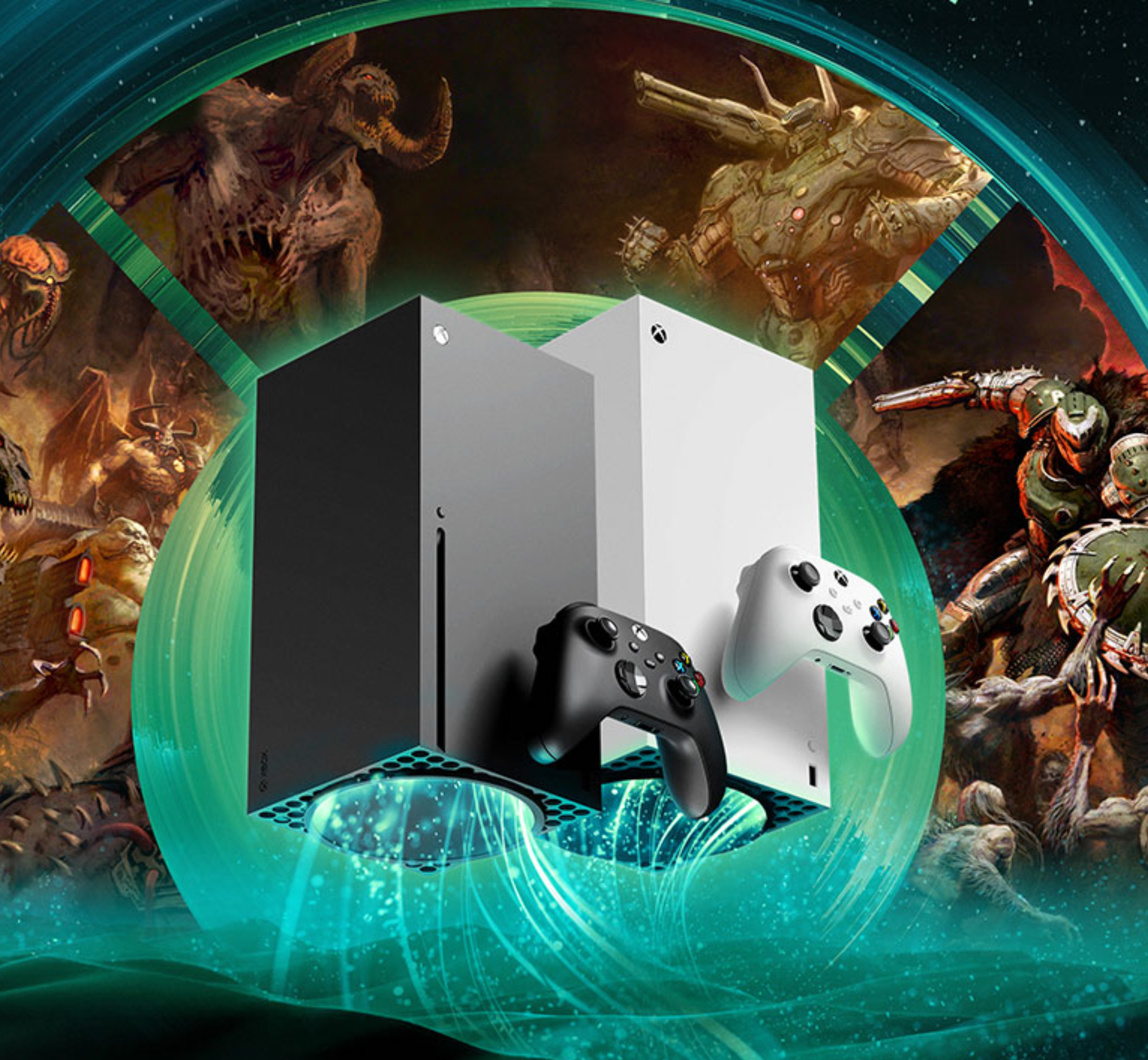Starting October 3, 2025, Microsoft will raise the suggested retail prices on its Xbox Series X and Series S consoles in the United States. This will mark the second price increase for Xbox hardware this year, with Microsoft pointing to rising import tariffs, shifting trade costs, and broader economic challenges as the driving factors.
What’s Changing
Several Xbox models will see noticeable price bumps:
- The base Xbox Series S (512GB) will cost $399.99, up from $379.99.
- The Series S 1TB model will climb to $449.99, previously $429.99.
- Xbox Series X Digital Edition will be priced at $599.99.
- The standard Xbox Series X will now sell at $649.99, up $50.
- The high-end special edition 2TB “Galaxy Black” Series X will increase to $799.99.
It’s not just accessories or controllers involved in these increases—this time, the price adjustments hit the consoles themselves. Other parts of the Xbox ecosystem are not being affected right now.
Why the Hike?
Microsoft says the changes are driven by “changes in the macroeconomic environment.” More concretely, that means elevated costs associated with manufacturing, the cost of components, and especially tariffs imposed on imports from various countries, including China, Vietnam, and others. These tariffs have impacted many tech manufacturers who depend on global supply chains, and Xbox has been no exception.
The company has already raised console prices this year, and this new increase compounds those earlier changes. The tariffs haven’t eased up; in some cases, exemptions that helped reduce cost burdens have expired, forcing hardware makers to absorb or pass along those added costs.
Public Reaction & Debate
Many players are frustrated. It’s unusual in the gaming hardware space to see multiple price hikes on the same generation of consoles in such a short span of time. Traditionally, console prices trend downward after their launch period—discounts, bundles, or price cuts follow as parts become cheaper and production stabilizes. The reverse—steady increases—is a tough pill to swallow.
Some industry figures question whether tariffs are the whole story. While Microsoft and others attribute these jumps to external trade pressures, critics and analysts point out that rising costs of manufacturing, inflation, shipping, and even profit margin adjustments are also part of how this ended up here.
What This Means for Buyers
If you were considering buying an Xbox console in the near future, now might be the last good moment to lock in the older price. After October 3, the new pricing will be the norm in U.S. retail.
Gamers who hunt for sales or refurbished units may fare better, but the overall increase means any deal will need to be more generous to feel “worth it.” For those who were budget-shopping or waiting for a drop, this hike changes the calculus.
It also shifts the competitive landscape slightly. With Xbox Series X moving closer in price to other high-end consoles and devices, consumers comparing value might see diminishing returns unless bundled features (Game Pass, cloud services, etc.) or hardware performance can make up the gap.
Looking Ahead
It’s not yet clear if these hikes will extend to accessories, controllers, or games in the near term. Microsoft has said the increases currently only affect consoles. Whether the company will adjust pricing globally or if there will be more tariff-related cost changes remains to be seen.
One interesting possibility is that Microsoft might double down on its cloud gaming efforts or push Game Pass more aggressively for those who find hardware prices too steep. If buying the physical console becomes more expensive, subscription and streaming alternatives may become more attractive.
Bottom Line
Xbox consoles will cost more in the U.S. starting October 3 — the Series X goes up to ~$649.99, the Series S up to ~$399–$450 depending on model, and the premium 2TB Galaxy Black version to ~$799.99. The increases stem from import tariffs, rising components and shipping costs, and general economic pressures. For anyone in the market for one, it’s a moment to decide: buy now, or brace for higher prices.



